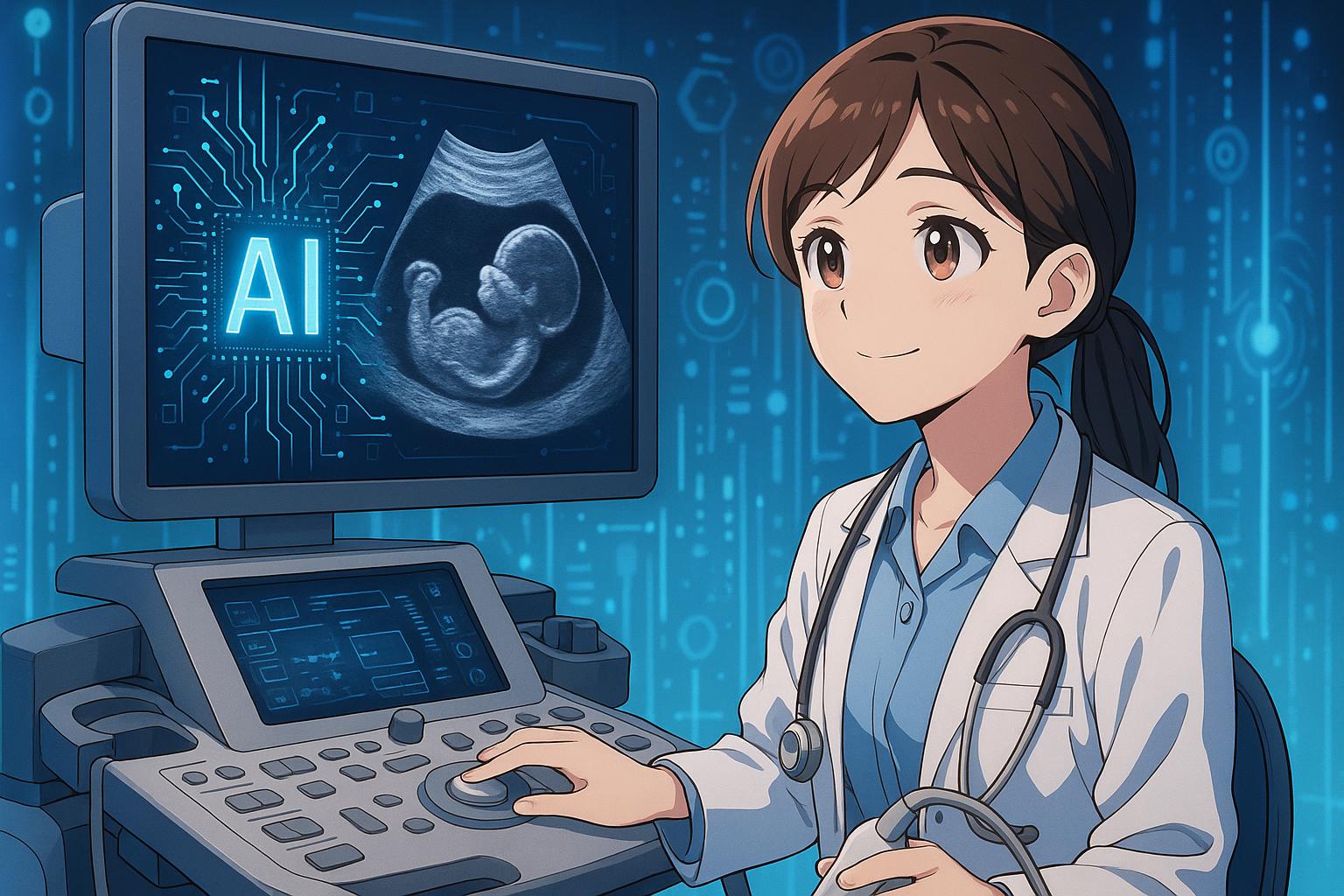In the rapidly evolving landscape of healthcare, the integration of artificial intelligence (AI) is not just a technological advancement; it represents a paradigm shift in the provision of care. Philips, a leader in health technology, recently released its tenth annual Future Health Index, revealing both the challenges and opportunities currently faced in healthcare settings. The survey gathered responses from 1,900 clinicians and 16,000 patients across 16 countries, highlighting a significant disconnect between patient expectations and clinician capabilities.
One of the startling findings from the survey is the prolonged wait times for patients seeking specialised care. According to Shez Partovi, Philips’ Chief Innovation Officer, “Three out of every four patients said that they wait over two months to get specialised care.” Alarmingly, a third of those surveyed admitted to resorting to hospital visits while they waited. This insight underscores an urgent need for solutions that streamline patient care delivery.
Overburdened by administrative tasks, clinicians report spending approximately half of their time on non-clinical duties, a trend that has worsened over recent years. Despite technological advances designed to alleviate these pressures, many clinicians feel constrained by their administrative workload. However, the sentiment towards AI remains largely optimistic; about 85% of clinicians believe AI has the potential to automate these burdensome tasks, allowing them to focus on direct patient care. Furthermore, 82% have confidence that AI can enhance early diagnosis and treatment, improving overall healthcare delivery.
Philips has already begun implementing AI solutions to tackle these issues effectively. For instance, their advanced ultrasound technology automates the otherwise time-consuming process of cardiac measurements, which can cut examination times significantly. “In our Epic Elite ultrasound machine, there’s an AI software that with one click automatically finds the best image,” Partovi explained, enabling a rapid transformation from a 40-minute exam to just 20 minutes. This innovation not only aims to reduce wait times but also enhances the quality of patient-clinician interaction.
Despite these promising advancements, a notable “trust gap” persists between clinicians and patients regarding the use of AI in healthcare. While 80% of clinicians expressed optimism about AI's capabilities, only 60% of patients shared this sentiment. This gap diminishes when patients are informed that AI decisions are subject to clinician oversight. Partovi elucidated this perception: “Patients said, ‘I trust AI for things like scheduling, but if you want to make a diagnosis, I want a physician in the loop.’”
To foster greater acceptance of AI in healthcare, Partovi highlights the necessity of human involvement and the clarification of regulations surrounding AI technologies. Notably, three out of four clinicians cited unclear regulatory frameworks as a significant barrier to the adoption of AI solutions. The future of healthcare relies on addressing these regulatory challenges while maintaining innovative momentum.
As AI technology continues to develop, Partovi anticipates an “intelligence revolution” in healthcare. He envisions a future where diagnostic tools are not merely reactive but can actively support clinical decision-making. “We’re going to be at a point where an MR scanner doesn’t just scan the patient but actually says the Alzheimer’s is getting better,” he predicted, demonstrating the potential for AI to add layers of reasoning beyond mere data presentation.
Moreover, the importance of ethical considerations in AI integration cannot be overlooked. Recent studies underscore the need for careful attention to data integrity and fairness in AI applications. Reports indicate that 87% of healthcare informatics leaders express concerns about data bias, reinforcing the need for responsible implementations that aim to improve health equity rather than exacerbate existing disparities.
Looking ahead, Philips aims to strike a balance between leveraging AI's capabilities and preserving the essential human connection that patients value. As healthcare continues to evolve, bridging the trust gap between clinicians and patients will be vital to unlocking the full potential of AI in the sector.
Reference Map
- Paragraph 1 - (1)
- Paragraph 2 - (1)
- Paragraph 3 - (1)
- Paragraph 4 - (1), (2), (3)
- Paragraph 5 - (1), (3)
- Paragraph 6 - (1)
- Paragraph 7 - (1), (5)
- Paragraph 8 - (1), (5), (6)
- Paragraph 9 - (1)
- Paragraph 10 - (1), (6)
Source: Noah Wire Services
